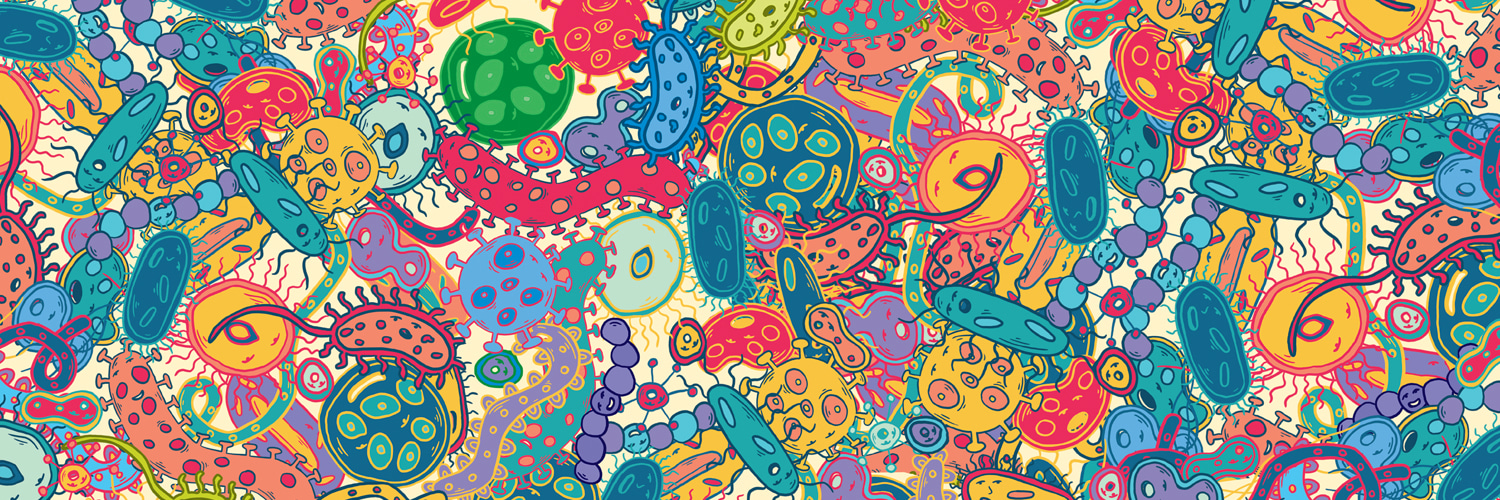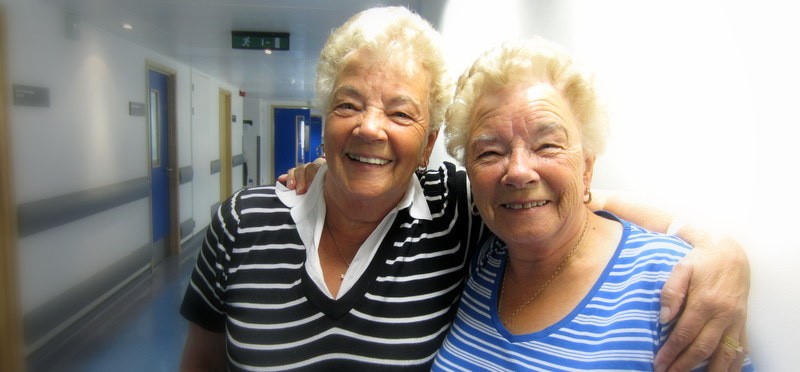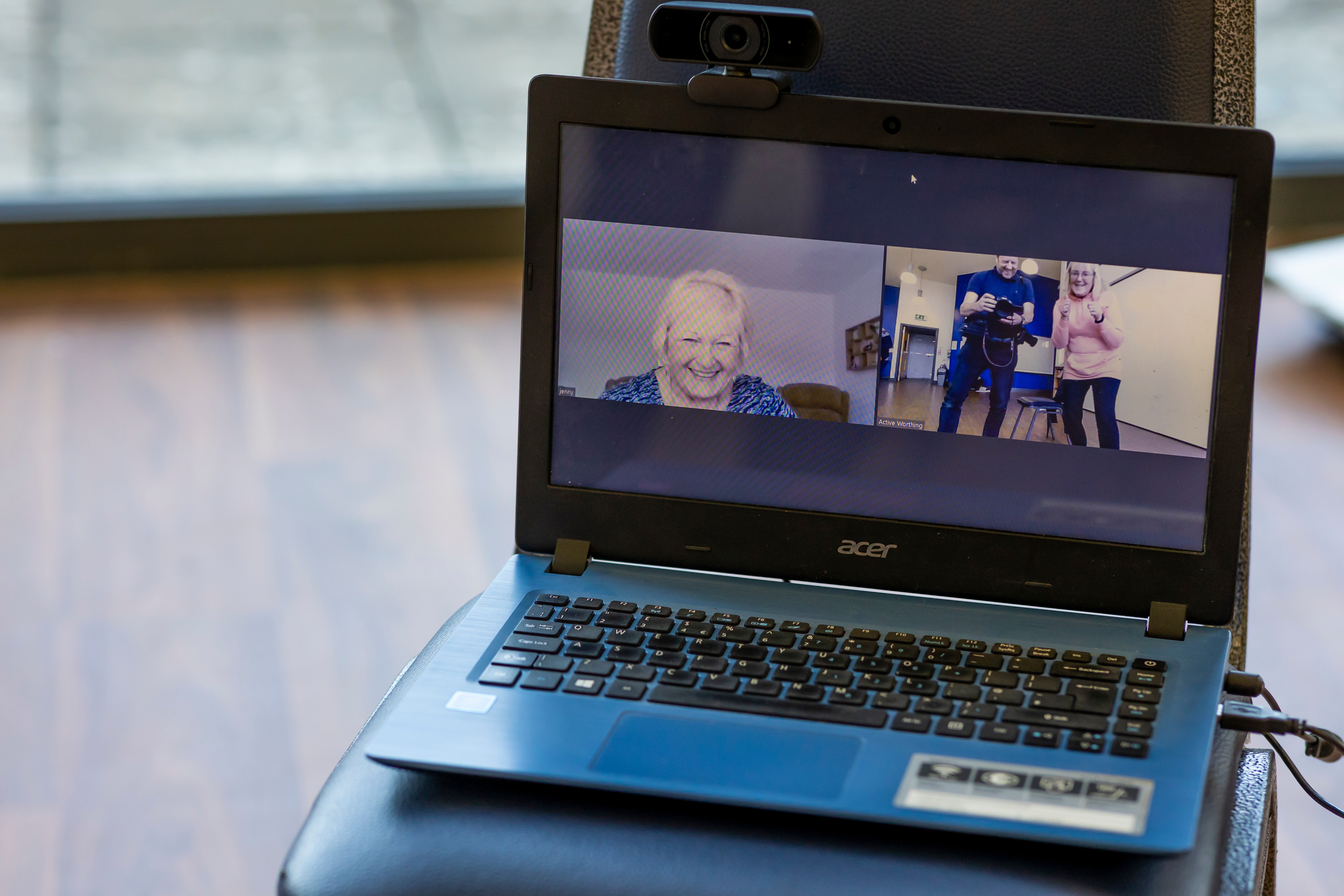Can targeting gut bacteria help us stay cognitively switched on as we get older?
Published in Healthcare & Nursing, Microbiology, and Neuroscience

The gut microbiome refers to the bacteria, and other micro-organisms which reside inside our guts. A growing body of research has shown that the microbiome plays a key role in many facets of our health and well-being. Fascinating animal studies have shown that transplanting gut microbiome from young to old fish, can lead to more youthful characteristics in the recipient, including more physical activity and longer lifespans1. Can we translate this research into improving the health and well-being of humans?

Credit: Instagram @_murugiah
With the age of populations is rising worldwide, the prevalence of age-related conditions and time spent living with age-related morbidity 2, including muscle loss and cognitive decline, are increasing. Could we target the gut microbiome to prevent or delay these declines? We know that the microbiome is malleable and can be influenced and changed via interventions such as prebiotics, probiotics (live bacteria), or faecal transplants.
Prebiotics are fibres which are consumed by bacteria inside our guts. If you use the analogy of one’s intestines as a garden, prebiotics can be seen as fertilisers. They are present in foods such as garlic, artichokes, oats, and bananas, and are readily available as food supplements. They are cheap and well tolerated generally.
We designed this trial to test whether giving a prebiotic supplement could improve markers of ageing in older twins, when compared to placebo3. The key markers we focused on were muscle function, and cognition. 36 twin pairs were included in the study. All participants received protein supplements and resistance exercise advice. We know these can be beneficial for muscle strength, and we wanted to see whether adding in a prebiotic would increase or augment such benefits.

Twin pairs were randomly assigned so one twin from each pair received the prebiotic and the other received the placebo. The twins and the researchers were blinded as to which assignment they had. We measured a range of physical, cognitive and gut microbiome measures and baseline, and after the twins had completed a 12-week period of taking their supplements.
Notably this entire trial was conducted remotely, using video teleconferencing for study ‘visits’, online questionnaires, cognitive testing, and food diaries, and posted biological samples, collected by participants themselves.

The prebiotic supplement was well tolerated and did lead to measurable changes in gut microbiome composition. There was no difference between the prebiotic and placebo groups for muscle strength measures, however there was a significant improvement seen in the prebiotic group for cognition. This exciting finding suggests that using a cheap and readily available prebiotic food supplement to target the gut microbiome could improve cognition in our ageing population. Further research is needed to test whether such improvements are clinically meaningful, and whether they are sustained over longer periods of time.
Older adults are recognised to be under-represented in clinical trials. We have demonstrated that remotely delivered trials are feasible for older people. Such study designs may indeed increase the ability of older adults to participate in research, by removing the need for travel to the hospital, for example.
Conclusions:
Many fear losing their mental capabilities as they age. We have shown that a simple cheap gut microbiome intervention can improve cognition in older adults. We hope to further research ways of planting and fertilising our intestinal gardens to improve the well-being of our ageing population.
Follow the Topic
-
Nature Communications

An open access, multidisciplinary journal dedicated to publishing high-quality research in all areas of the biological, health, physical, chemical and Earth sciences.
Related Collections
With Collections, you can get published faster and increase your visibility.
Women's Health
Publishing Model: Hybrid
Deadline: Ongoing
Advances in neurodegenerative diseases
Publishing Model: Hybrid
Deadline: Mar 24, 2026





Please sign in or register for FREE
If you are a registered user on Research Communities by Springer Nature, please sign in